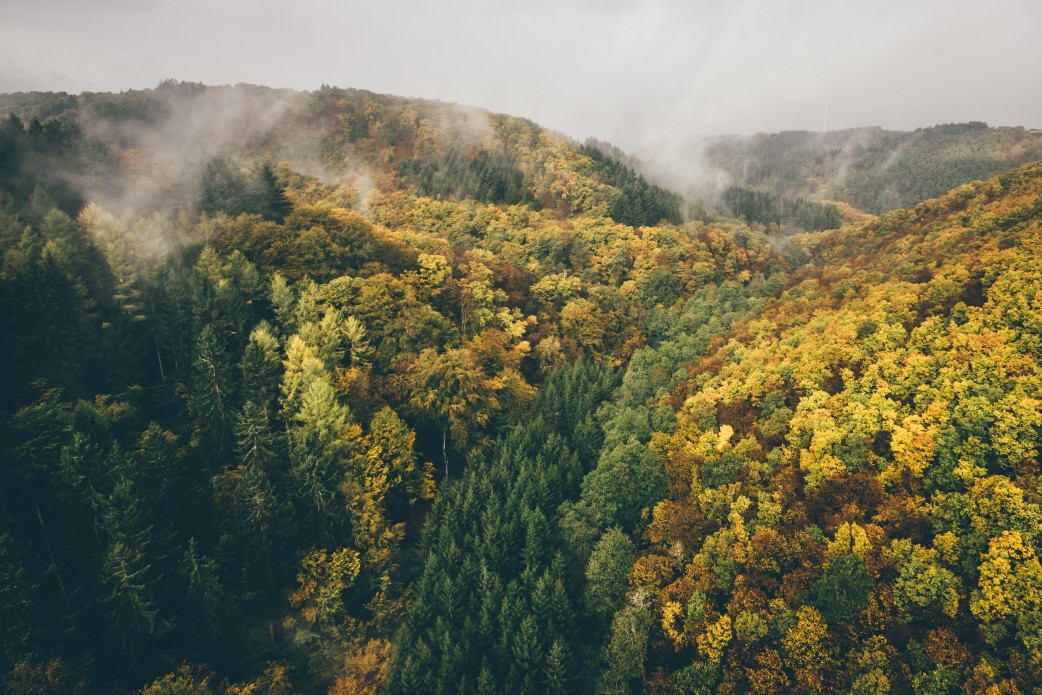The recent rise in commodity prices is driven by rising international demand for agricultural staples like corn, soybeans, and sugar cane. Record high oil prices and subsidies for corn ethanol are also fueling interest in biofuels. The Avanca Brasil program, a $43 billion effort to improve infrastructure in the Amazon, has also increased the price of commodities.

However, the new Brazilian Forest Policy Research Code, introduced in 2012, still fails to make distinctions between legal and illegal deforestation. Although the country is making great efforts to combat deforestation, its current regulatory regime only encourages the use of indiscriminate practices. It is unclear how these initiatives will have an impact on the price of Brazil’s commodity exports.
The Brazilian government has put forth a strict set of regulations to prevent illegal deforestation. These regulations require the use of legal reserve requirements and require verification of deforestation. Unfortunately, Brazilian banks and markets still do not differentiate between illegal and legal deforestation. Despite the new Brazilian law, there has been a steady decline in deforestation in Brazil over the last six years.
In 2011, the Brazilian government introduced a new forest code that aims to reduce deforestation by 80% within a decade. The new Brazilian Forest Code has created a new set of rules that ensure compliance with the Forest Code. These regulations have been effective in curbing deforestation in the Amazon since 2007. Despite these changes, the global commodity markets do not distinguish between legal and illegal deforestation.
The new Brazilian Forest Code aims to limit the deforestation rate in the Amazon. The new code also includes regulations to ensure that companies do not use illegal deforestation. The new law also imposes additional legal reserve requirements for farmers. For this reason, a company should consider REDD compliance before deciding on a production strategy.
The implementation of the Brazilian Forest Code imposes stricter regulations on farmers. The new code requires that companies verify whether they are using sustainable farming practices. It is illegal to sell products from the Amazon without a permit. The laws on deforestation in the Amazon are clear: “It is illegal to deforest land in any part of the country that is not legally used for agriculture.”
The Brazilian Amazon has experienced a major deforestation surge over the past five months. This halted the destruction of the rain forest in the Amazon because of an economic boom. Today, the Brazilian Amazon is seen as South America’s next agricultural frontier. And, if the United States can stop this, we can stop deforestation.